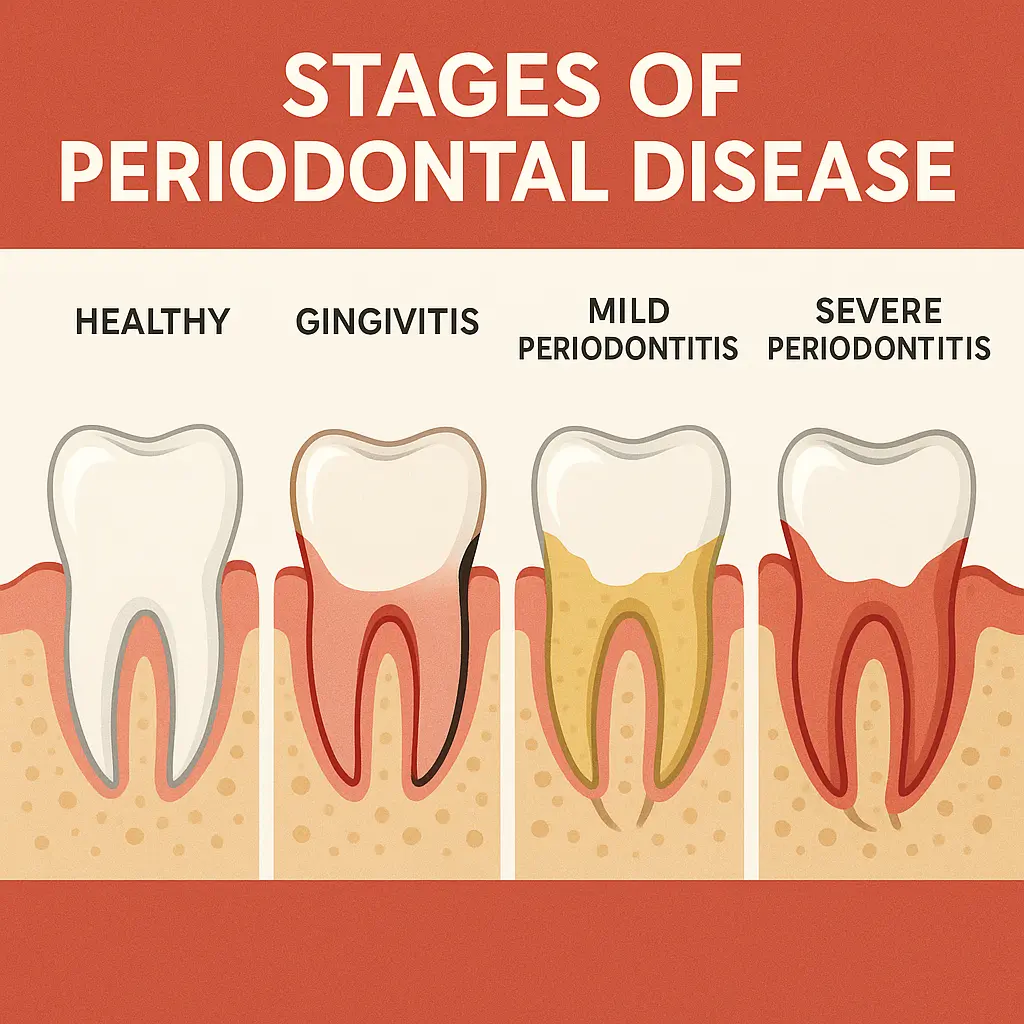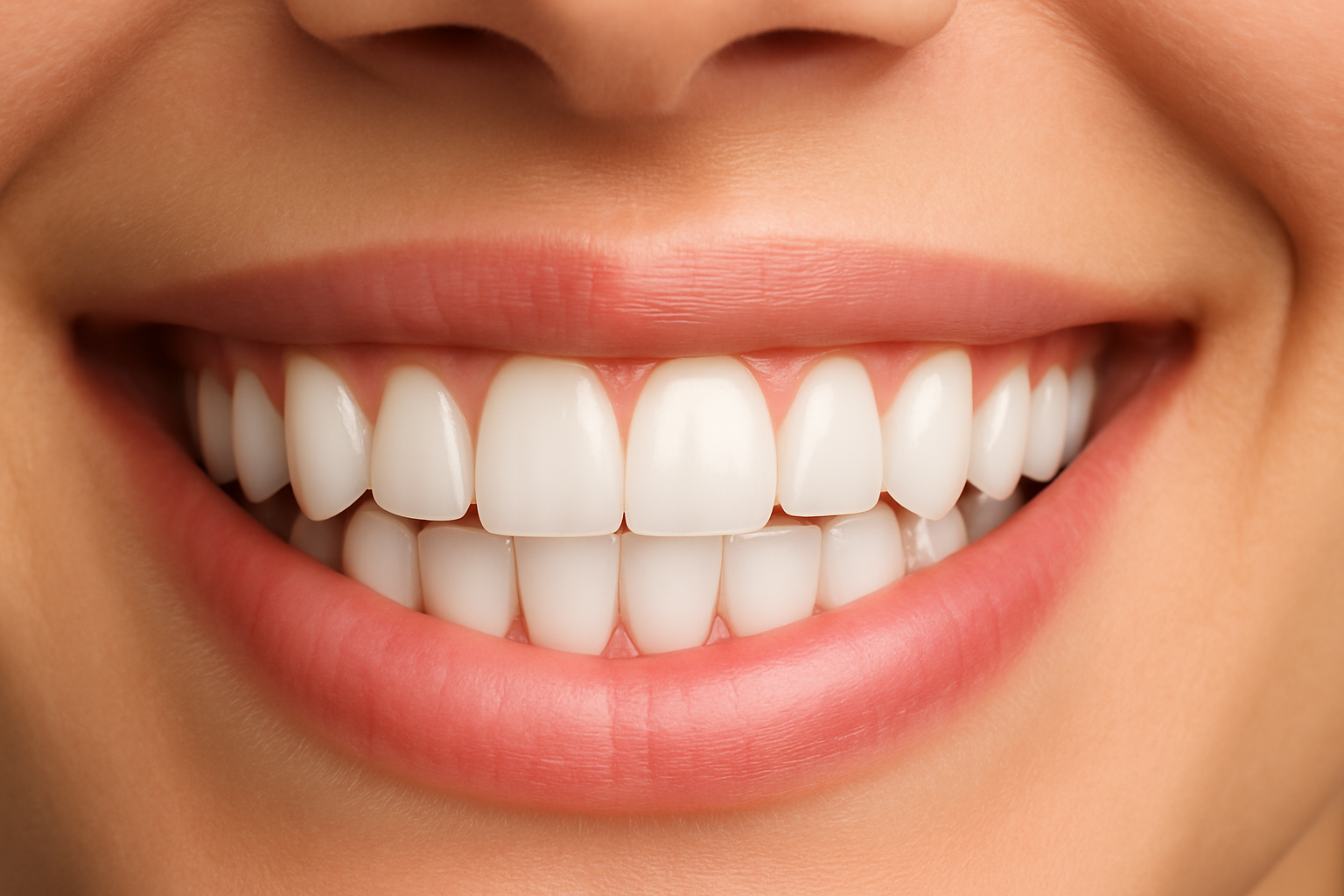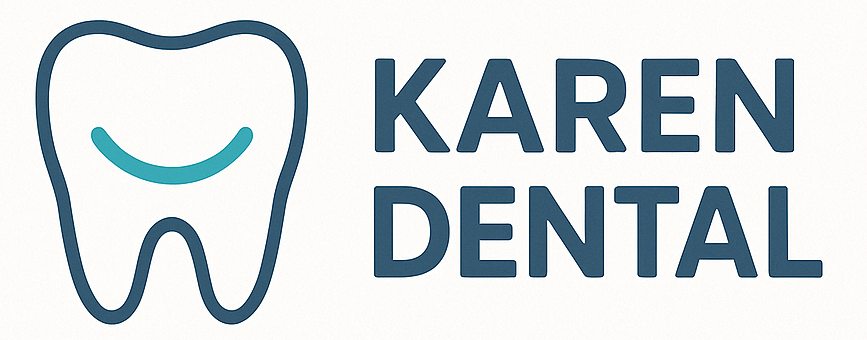Gum Disease
Why You Need Treatment and What to Expect - Early intervention is crucial for maintaining optimal oral and overall health.

When Do You Need Gum Disease Treatment
Gum disease, also known as periodontal disease, is a serious but often preventable condition that affects the tissues supporting your teeth.
It begins with gingivitis (mild inflammation of the gums) and can progress to more severe forms, such as periodontitis, which can lead to tooth loss if left untreated. It is important to treat gum disease early to avoid long-term damage to your oral health.
Here's why you may need treatment for gum disease:
- Bleeding Gums: If your gums bleed when brushing or flossing, it could be an early sign of gingivitis, the first stage of gum disease.
- Bad Breath: Persistent bad breath (halitosis) can be caused by the bacteria that accumulate in the gum pockets, leading to an infection.
- Swollen or Tender Gums: Gums that are swollen, red, or tender to the touch are common signs of gum disease.
- Receding Gums: As gum disease progresses, the gums may start to recede, exposing more of the tooth and potentially leading to tooth sensitivity or even tooth loss.
- Loose Teeth: In advanced stages of gum disease, the supporting bone may be destroyed, causing teeth to loosen.
The Process of Gum Disease Treatment
What to expect during your gum disease treatment at Karen Dental Clinic
Initial Consultation and Diagnosis
Dr. Karen Bai will first evaluate your gum health through a thorough examination, including checking for signs of gum inflammation, pocket depth, and bone loss. X-rays may be taken to assess the extent of the disease.
Non-Surgical Treatment (Scaling and Root Planing)
For early to moderate gum disease, Dr. Bai may recommend scaling and root planing. This deep cleaning procedure involves:
- Scaling: Removal of plaque and tartar from below the gum line.
- Root Planing: Smoothing the root surfaces to remove bacterial toxins and promote gum reattachment to the teeth.
This treatment can be performed under local anesthesia to ensure your comfort.
Antibiotics
In some cases, Dr. Bai may prescribe antibiotics to help control the bacterial infection in the gums. These may come in the form of topical gels or oral medications.
Surgical Treatment
For advanced gum disease, surgical treatments may be required, such as:
- Flap Surgery: To reduce the size of deep gum pockets.
- Bone Grafting: To regenerate bone lost due to gum disease.
- Soft Tissue Grafting: To replace tissue lost from gum recession.
Ongoing Maintenance
After treatment, regular follow-up visits will be necessary to ensure your gums remain healthy. Dr. Bai may recommend more frequent cleanings, usually every 3 to 4 months, to keep the disease from reoccurring.
Expected Outcomes
With proper treatment and good oral hygiene habits, gum disease can be managed and prevented from progressing.
Here's what you can expect after treatment:
Improved Gum Health
After your treatment, your gums should become less red, swollen, and painful. With good oral care, they can heal and reattach to your teeth.
Reduced Risk of Tooth Loss
Treating gum disease early prevents further damage to your teeth and gums, reducing the risk of tooth loss.
Healthier Smile
You will experience improved breath and appearance of your gums, which can significantly boost your confidence.
Prevent Future Issues
With regular dental check-ups and consistent home care, gum disease can be prevented from coming back.

How to Prevent Gum Disease
The best way to prevent gum disease is by practicing good oral hygiene habits
Daily Brushing
Brushing twice daily with a fluoride toothpaste to remove plaque and bacteria.
Daily Flossing
Flossing daily to remove plaque and food particles between teeth.
Use Mouthwash
Using mouthwash to kill bacteria and reduce plaque buildup.
Regular Checkups
Visiting Dr. Bai regularly for check-ups and professional cleanings.
Maintaining a healthy diet, avoiding smoking, and managing medical conditions (like diabetes) can also help reduce the risk of gum disease.
Frequently Asked Questions
Common questions about gum disease treatment
Don't Wait - Get Gum Disease Treatment Today
If you are experiencing symptoms like bleeding gums, bad breath, or tooth sensitivity, schedule a consultation with Dr. Karen Bai today. With the right treatment, gum disease can be controlled, helping you maintain a healthy, beautiful smile for years to come.
